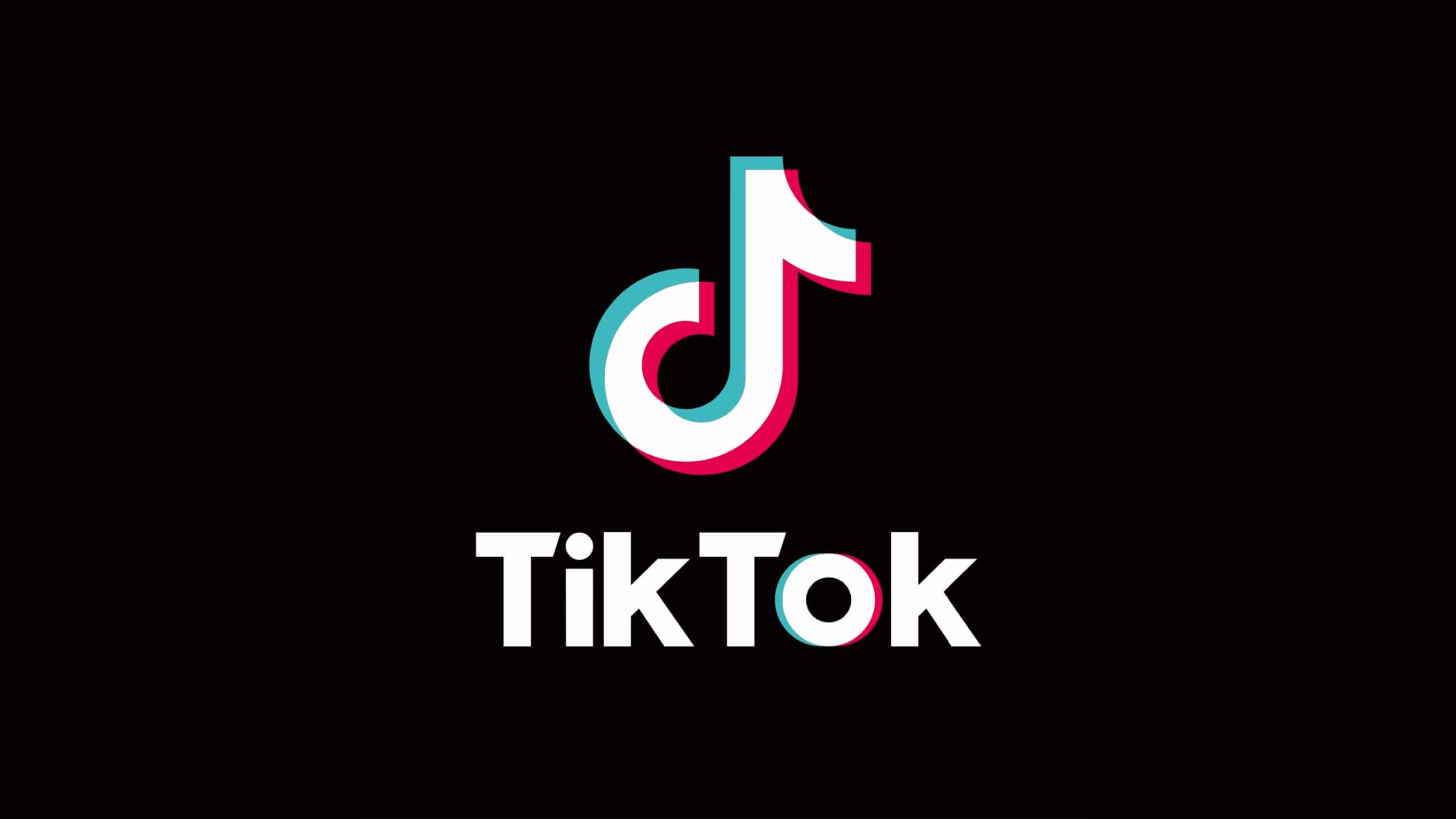TikTok, a digital content platform launched by Chinese company ByteDance in 2016, has gained immense popularity worldwide. Kenya leads in TikTok usage, with 54% of global users. However, TikTok presents challenges, especially for children and young people, who may encounter inappropriate content and risks like cyberbullying, privacy breaches, and online grooming.
Complex Regulatory Terrain
Regulating TikTok and other digital content platforms is a complex and challenging task for African governments. Unlike traditional media outlets, such as television or radio, digital content platforms operate across borders and jurisdictions, making it difficult to apply national laws or standards.
Furthermore, digital content platforms reflect the diversity of cultural norms and values of their users, which may differ from those of the regulators or the society at large.
For instance, what may be considered acceptable or offensive in one country or community may not be so in another. Moreover, enforcing age restrictions and content moderation proves challenging, as users can bypass them with ease. Striking a balance between user rights, especially those of children, and freedom of expression is, therefore, highly important.
Content Moderation: Protecting Privacy, Data, and Culture
To address these challenges, a comprehensive approach to content moderation is essential. This approach includes stringent age verification, a blend of AI and human moderation, user reporting mechanisms, clear community guidelines, and collaboration with local experts to ensure cultural sensitivity.
Online Safety and Ethical Concerns
Ensuring online safety, particularly regarding issues like revenge pornography, necessitates both legal and ethical solutions. Laws should criminalize harmful acts, while platforms must promptly remove such content and support victims. Equally important is educating users about online risks and implementing robust data protection measures.
Responsible Content Creation
With the rise of short-form video content, creators face new challenges. Responsible content creation entails considering the audience, adhering to platform guidelines, avoiding harm, and engaging constructively with feedback. This requires a careful balance between creativity and ethical responsibility.
Government Regulation: Striking the Right Balance
Regarding the regulation of TikTok, we must develop national policies and guidelines for digital content platforms that define the roles and responsibilities of the government, the platform providers, the users and the parents or guardians. These policies and guidelines should be based on international standards and best practices as well as cultural norms. It is important to adapt these policies to the local needs if we are to achieve the right balance between innovation and responsibility.
Lessons from Global Experiences
Similarly, drawing insights from global experiences can guide African governments in regulating TikTok and digital content platforms effectively. These lessons encompass fostering innovation while ensuring responsible use, collaborating with platforms, ensuring transparency, engaging communities, promoting ethical AI use, tailoring regulations to local contexts, and conducting educational campaigns. By applying these insights, African governments can strike the right balance and harness the potential of the digital landscape for the benefit of their societies.
KICTANet and other civil organizations vehemently oppose the TikTok ban in Kenya, championing the preservation of digital rights. As dedicated advocates for an open digital landscape, we stress the significance of dialogue over bans, striving to protect both national interests and citizens’ digital freedoms. Find here the: Joint Statement to Parliament.
![]()




